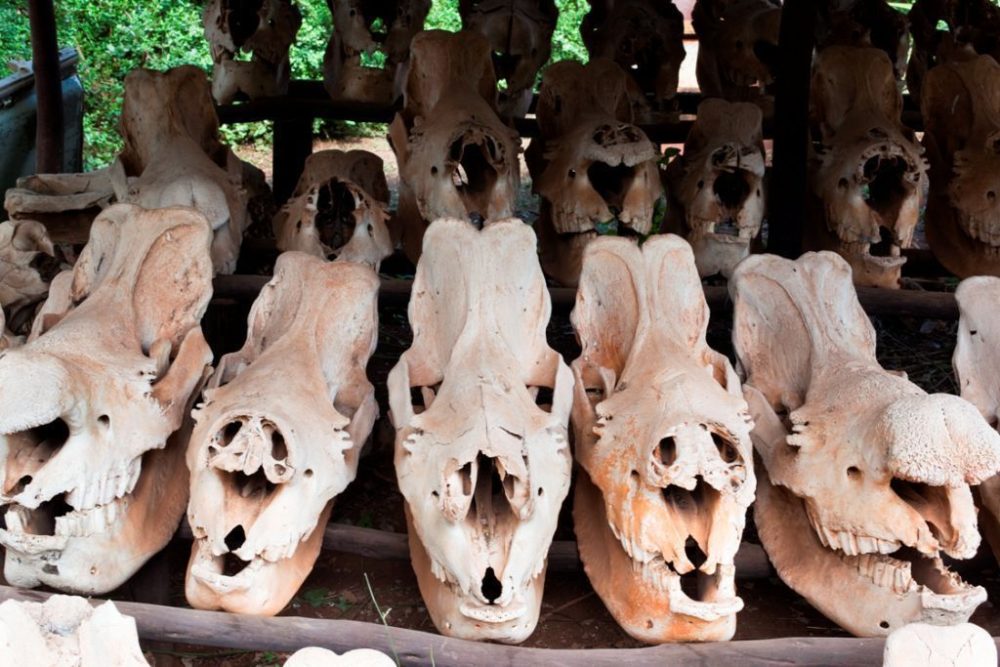Photo credit Steve and Ann Toon
INTERPOL has launched its first fugitive operation targeting individuals specifically wanted for environmental crime, demonstrating the seriousness facing the world’s wildlife.
Operation Infra (International Fugitive Round Up and Arrest) Terra was launched by the world police body on 6 October, focusing on 139 fugitives wanted by 36 member countries.
INTERPOL is now seeking the public’s assistance in an appeal to catch nine fugitives suspected of high-level environmental crime including rhino poaching, ivory trafficking and illegal logging. The individual’s names and photos appear on the INTERPOL website, and the public are urged to submit any information which would help track down the criminals.
According to Stefano Carvelli, Head of INTERPOL’s Fugitive Investigative Support unit:
We believe that the capture of these criminals on the run will contribute to the dismantlement of transnational organized crime groups who have turned environmental exploitation into a professional business with lucrative revenues
There is a growing criminal sophistication behind the current wildlife crime wave, with syndicates employing ruthless tactics to brutally slaughter rhinos and other animals. Those behind rhino poaching and illegal wildlife trade are the same individuals behind the smuggling of drugs, weapons and people. INTERPOL now estimates global environmental crime to be worth an estimated $70bn to $213bn annually.
Wildlife crime has historically been seen as a low-risk, high-reward crime with low or non-existent penalties in many countries, however things are slowly changing. The importance of the need for high-level government support to tackle the illegal wildlife trade has been emphasised at the current World Parks Congress in Sydney, with wildlife crime a focus of discussions.
The dismantling wildlife criminal networks was recognised by the USA government back in 2013, when the Secretary of State Kerry announced the first reward offer under the Transnational Organized Crime Reward Programs to combat wildlife trafficking. The reward offered up to $1 million for information leading to the dismantling of the Xaysavang Network, a transnational crime syndicate facilitating wildlife trafficking from Africa and Asia.
Marjan Marsh award for Julian Rademayer
Congratulations to Julian Rademayer, the investigative journalist of Killing for Profit who was the recipient of the third Marjan-Marsh Award at King’s College, London. Julian was praised for his work in uncovering and documenting the criminal syndicates behind the illegal rhino trade.
Sources and further reading
INTERPOL – INTERPOL seeks public assistance to locate environmental crime fugitives in global operation








